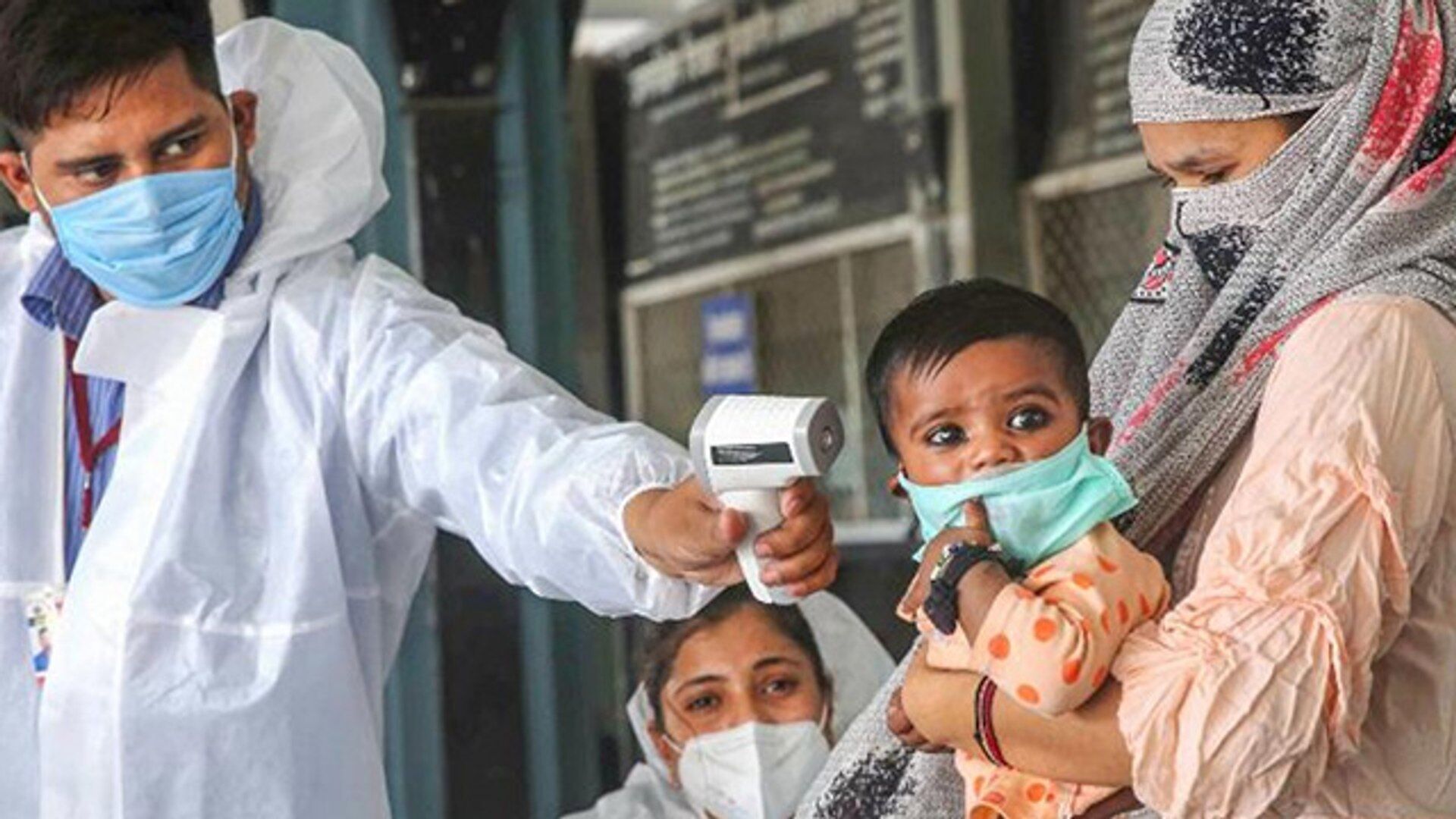'Prepare for the worst'

The world has come to greater clarity on the Omicron, and signs aren't good for humans. The World Health Organization has confirmed the Omicron variant is not just spreading faster but also infecting people who are vaccinated or have recovered from Covid. A study by the Imperial College of London also stated outrightly that there is no evidence to show that the Omicron variant is less severe than the Delta variant. The rapidity of the expansion of Omicron can be gauged from the fact that in less than a month, it has become the dominant strain in the United States. In the previous week, the Omicron contributed 73 per cent of the total new infections in the country — which may even be more in certain other pockets of the country. The UK, on the other hand, has also emerged as a major hotspot. The country has officially recorded 12 deaths until now and is bracing itself with tighter restrictions. The Omicron variant, which was first reported in South Africa, has now spread to more than 90 countries. The healthcare systems around the globe are facing imminent burden and should be prepared for the worst. In India, close to a dozen states have recorded around 200 cases — with most of those coming from Maharashtra and Delhi. The country particularly holds the harrowing reminiscence of the second wave of Covid which coincided with the emergence of the Delta variant. It can be said in the present scenario that nobody knows what horrors await the human race in the impending future. The only thing nations can do is to optimally utilize their capacities and prepare for the worst. A two-pronged approach can be adopted on this front — undertaking a rigorous vaccination campaign on one hand, and building up capacity for emergency response on the other. While the WHO has clarified that vaccinated people too are prone to the Omicron variant, some studies have found that vaccines are still a useful tool in the fight against the Omicron. A study in the UK has found that while the effectiveness against symptomatic Omicron infection ranged from 0 per cent to 20 per cent after the administration of two doses, it was found to be 55 per cent to 80 per cent after administration of a booster dose. The study is applicable for the vaccines used in the UK. The US is also going for more booster doses. Booster, however, is a privilege that only a selected few nations could avail. Many nations in the third world are struggling to get their population administered with a second or the first dose. The debate around the use of boosters in India is still on — without a concrete conclusion. This debate should have ended through a scientific study around the criticality of Indian vaccines against the Omicron. Such a study would have placed India in a better position to fight against the new strain. For the time being, deductions from approximate studies may help in setting up the right priorities. It has to be mentioned here that the government is currently prioritizing the administration of double doses by the year-end. On the healthcare capacity building aspect, India already has a lot of lessons from the second wave. These lessons need to be taken seriously as we see, before our eyes, cases of Omicron rising with each passing day. The study in the UK has found that protection against reinfection in the pre-Omicron era was to the tune of 85 per cent, but with the advent of Omicron, it has gone down to 19 per cent. This effectively means that a major section of the population — even those who have recovered in the past — are at the risk of infection or reinfection. This highlights the urge for building healthcare capacity. In the very narrow time window, we are left with, we shall keep our life-saving tools ready. A pertinent call has to be made to the people to ensure their safety, as also to the people who surround them. No safety strategy would work without people's participation. Let's prevent the worst.



